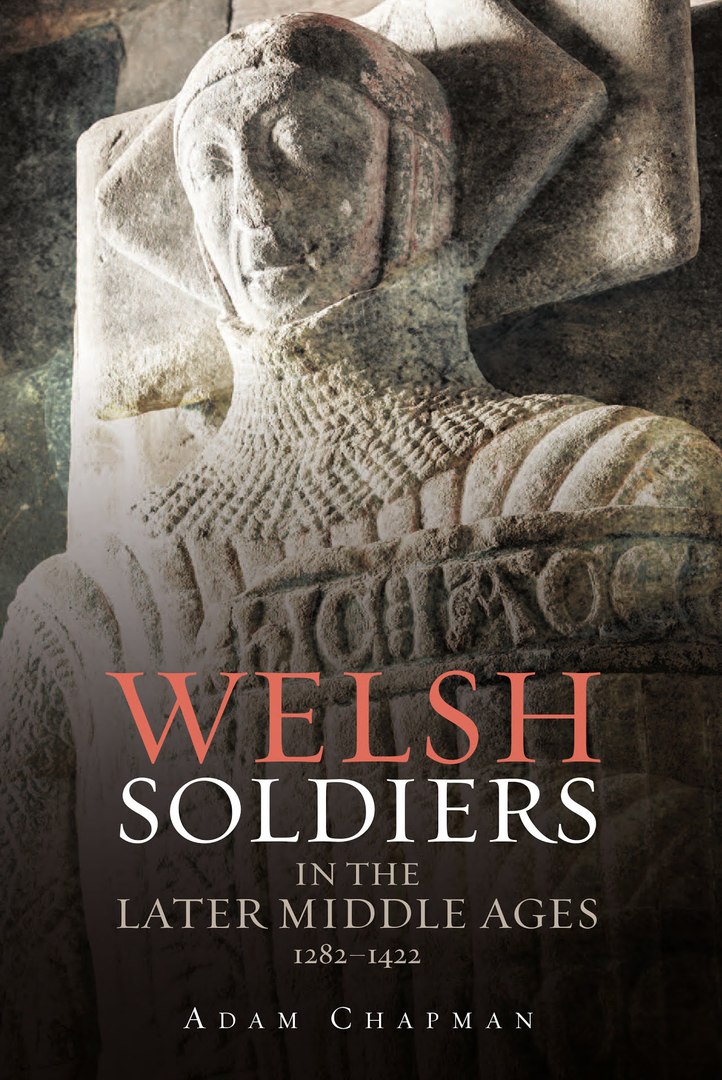Useful Links
Welsh Soldiers in the Later Middle Ages, 1282-1422

Welsh Soldiers in the Later Middle Ages, 1282-1422
This book explores the role of the Welsh in England's armies and in England's wars between Edward I's conquest of Wales in the 1280s, through the wars in Scotland and France and the revolt led by Owain Glyndwr, concluding with Henry V's conquest of Normandy following his victory at Agincourt in 1415. It examines the structure and composition of armies and the social networks and hierarchies which underpinned them: what sort of Welshmen became soldiers? How was Welsh society organised for war? What impact did wider political considerations have upon Welshmen in England's armies? These questions are answered using both well-known sources, such as the financial records of the English crown, and others less familiar, including the records of local administration and the large surviving corpus of Welsh-language poetry.
Information
Users of Visitor are not allowed to comment this publication.
Writing Welsh History: From the Early Middle Ages to the Twenty-First Century
18-08-2022, 00:13, e-BooksSwein Forkbeard’s Invasions and the Danish Conquest of England, 991-1017
From the battle of Maldon in 991 during the reign of Æethelred (the Unready), England was invaded by Scandinavian armies of increasing size and
28-04-2019, 10:47, e-BooksItaly 1636: Cemetery of Armies
Italy 1636: Cemetery of Armies
1-05-2019, 20:51, e-Books